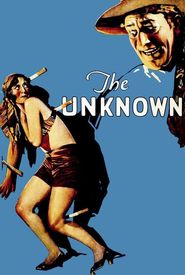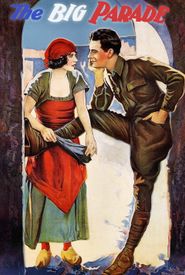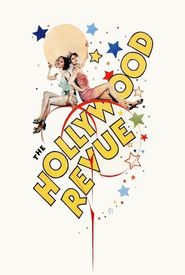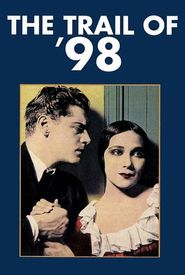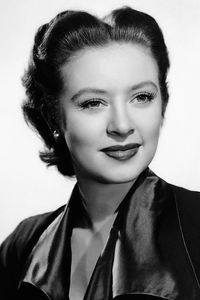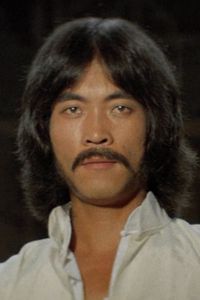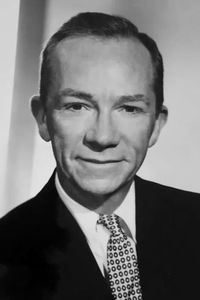Joseph White Farnham was a renowned American playwright and film writer and editor, whose illustrious career spanned from the silent movie era to the early 1930s. As a founding member of the prestigious Academy of Motion Picture Arts and Sciences, he was at the forefront of the film industry's development.
Born in Connecticut in 1884, Farnham's entry into the world of cinema was facilitated through his professional association with the esteemed theatre impresarios, Gustave and Daniel Frohman, who owned The Frohman Amusement Corp. This connection would prove to be a pivotal moment in his career, as it paved the way for him to work on numerous film projects.
One of Farnham's most notable achievements is his adaptation of the play "The Big Parade" into a film. This work not only showcased his exceptional storytelling abilities but also demonstrated his versatility as a writer.
In the inaugural Academy Awards ceremony held in 1929, Farnham received the prestigious Best Writing - Title Cards award for his work on three films: "Fair Co-Ed", "Laugh, Clown, Laugh", and "Telling the World". This award was unique in that it recognized excellence in title card writing, a field that would soon become less prominent with the advent of sound in films.
Tragically, Joseph Farnham's life was cut short when he passed away in 1931 due to a heart attack while residing in Los Angeles, California. He was laid to rest in the Forest Lawn Memorial Park Cemetery in Glendale, California, his legacy as a pioneer in the film industry forever remembered.

